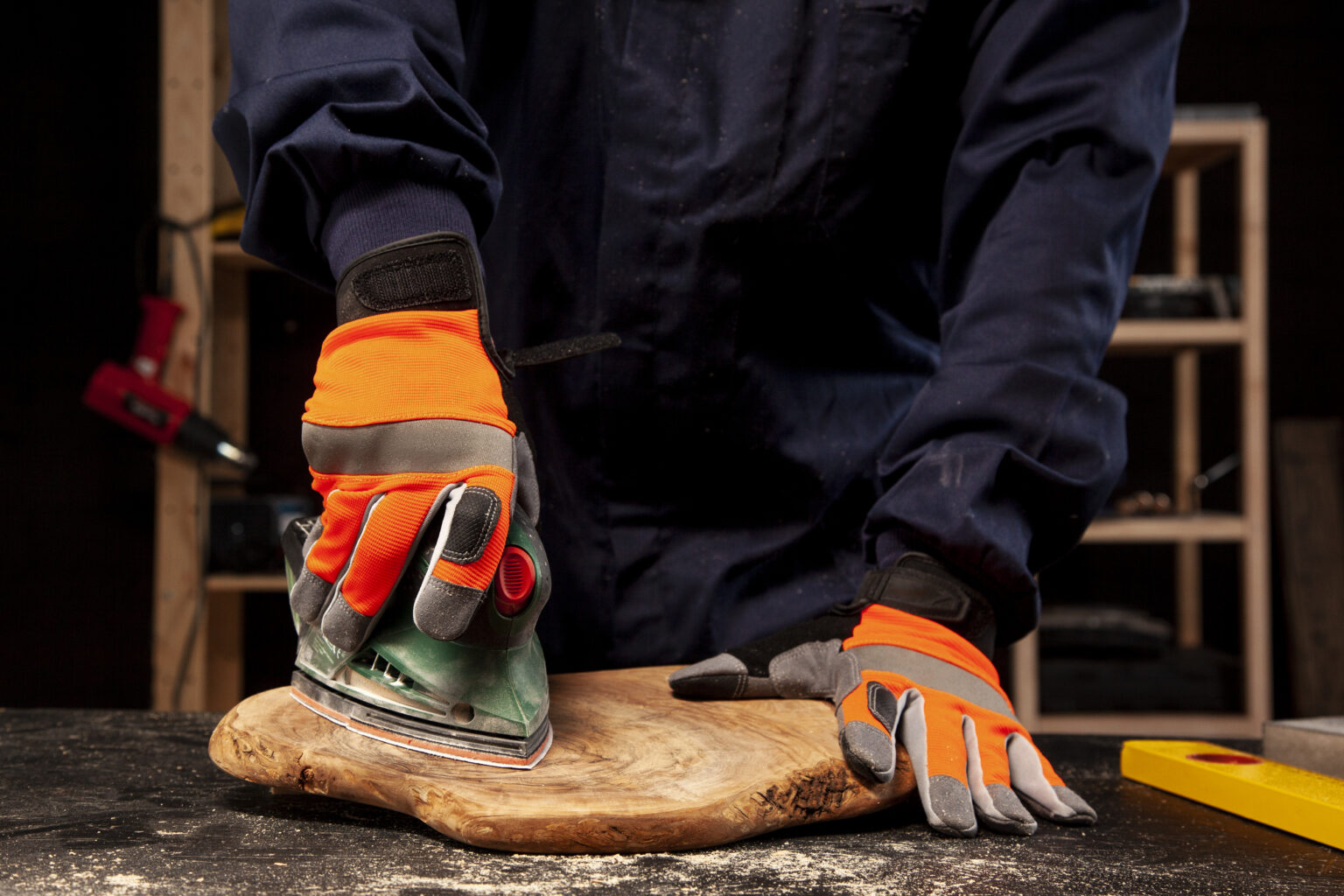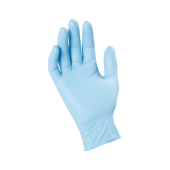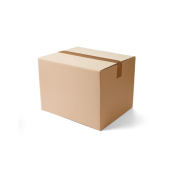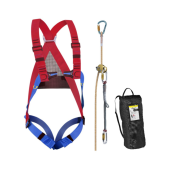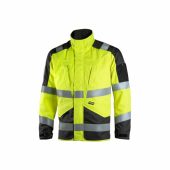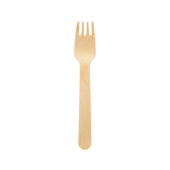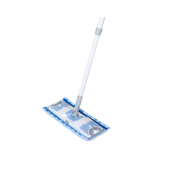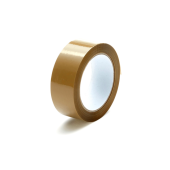Have you ever wondered why, despite wearing safety gloves, so many workers still end up with hand injuries?
The U.S. Bureau Of Labour Statistics reports that a staggering 1 million severe hand injuries are recorded annually in the U.S. alone. The same source reveals that 70% of workers who experienced a hand injury were not wearing protective gloves and, of the remaining 30% who did, their gloves were either damaged or unsuitable for the task at hand.
In our previous articles, we’ve examined the importance of selecting the right type of work gloves – be it cut protection, gloves for construction workers, or gloves for restaurant workers. However, even the best safety gloves can’t offer maximum protection if they don’t fit properly.
In this article, we will dive into the essentials of glove sizing – covering everything from glove size charts and how to measure glove size, to fine-tuning your glove selection for optimum safety and comfort. Here are the topics we will cover:
- Why Is It Important To Choose The Right Glove Size?
- How To Measure Your Hand
- Work Glove Size Charts
Why Is It Important To Choose The Right Glove Size?
Have you ever tried wearing gloves that are either too tight or excessively loose? Comfort is only the tip of the iceberg, as wearing the wrong glove size can severely compromise their level of protection.
A glove that’s too large might slip off or fail to provide the necessary tactile sensitivity for precise tasks, such as operating machinery or handling small components. Conversely, gloves that are too tight can restrict hand movements and blood circulation, leading to fatigue or even long-term hand and wrist issues.
Imagine a scenario where a worker handling heavy machinery is wearing oversized gloves. The lack of proper grip and control could lead to disastrous consequences, both for the worker and the task at hand. On the flip side, consider a laboratory technician wearing tight gloves while handling hazardous chemicals. Not only is there a risk of glove tear, but the strain on the hands could also lead to unintentional spills or accidents.
Choosing the correct glove size is the first step you can take in ensuring maximum protection and dexterity for yourself and your workers. In the next section, you will learn how to measure your hand to select an optimal glove fit.
How To Measure Your Hand
Have you ever found yourself puzzled while staring at a variety of work gloves, wondering which size would fit you best? You’re not alone, but taking accurate measures of your hand is not at challenging at it may seem.
In fact, the process can be broken down into two simple steps:
Step 1: Measuring the circumference of your palm – Start with your dominant hand (right if you’re right-handed, and left if you’re left-handed). Take a flexible measuring tape (like a tailor’s tape) and wrap it around your palm, just above the base of your thumb, making sure it passes between your thumb and index finger. Be careful not to include your thumb in this measurement and avoid tightening the tape too much. Now, make a light fist. This mimics the natural position of your hand when wearing a glove. Note this measurement down; you’ll need it for finding your glove size using a glove size chart.
Step 2: Measuring the length of your palm – The second step involves measuring the length of your hand, particularly focusing on your middle finger, generally the longest one. Take the measuring tape and place it on the tip of your middle finger all the way down to the end of your palm.
Once you have written down these two measurements, you can refer to the following charts to find the ideal size of your work glove.


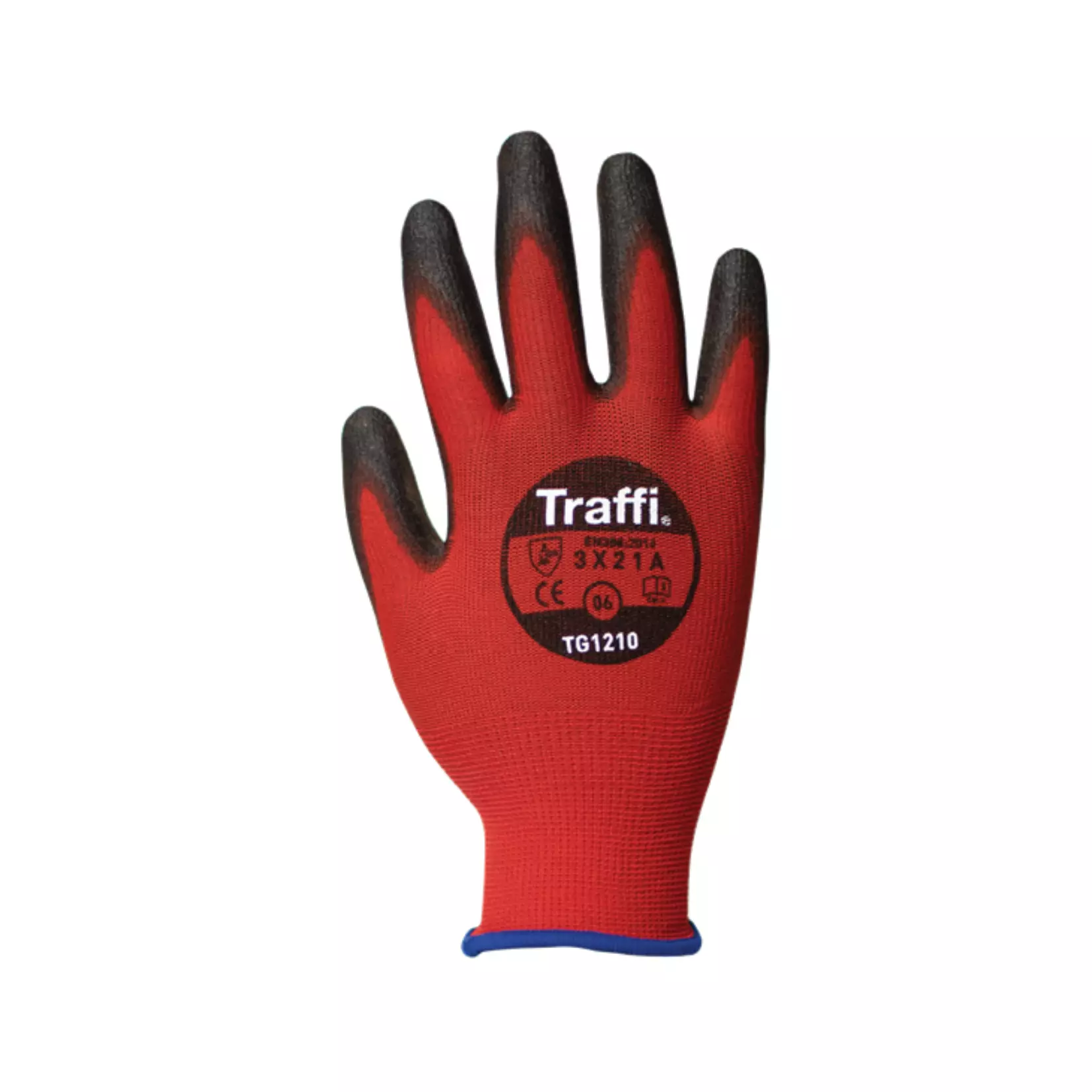
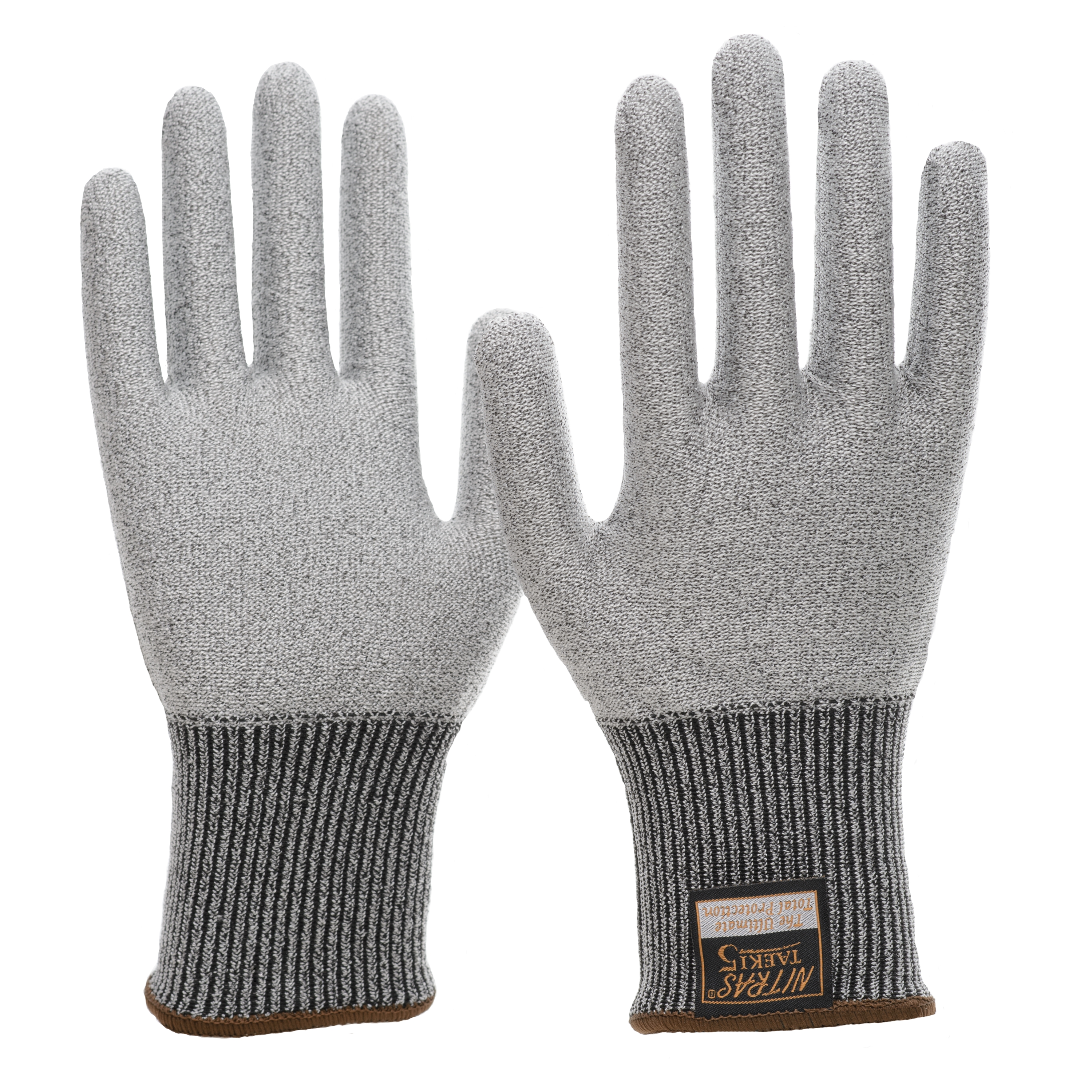
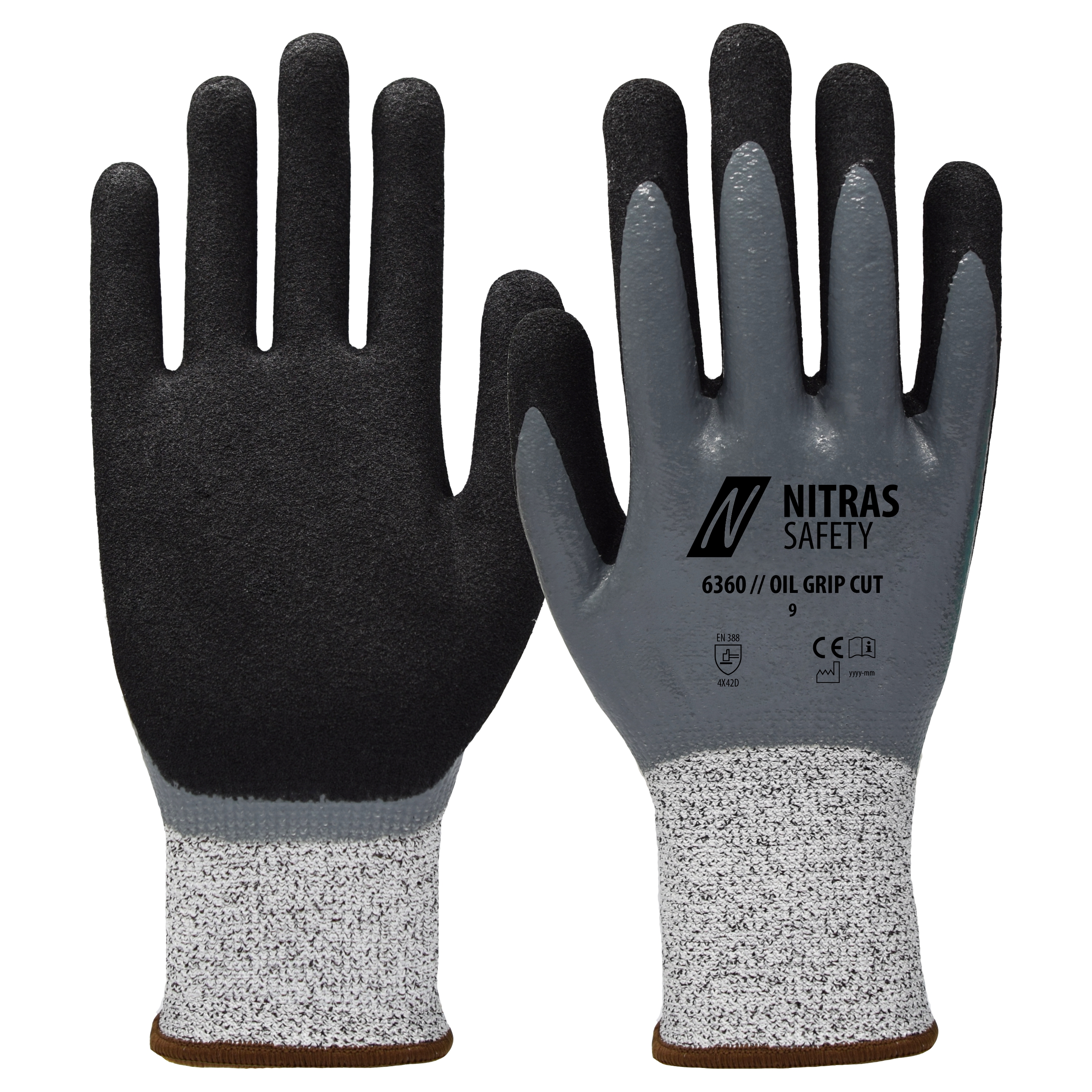


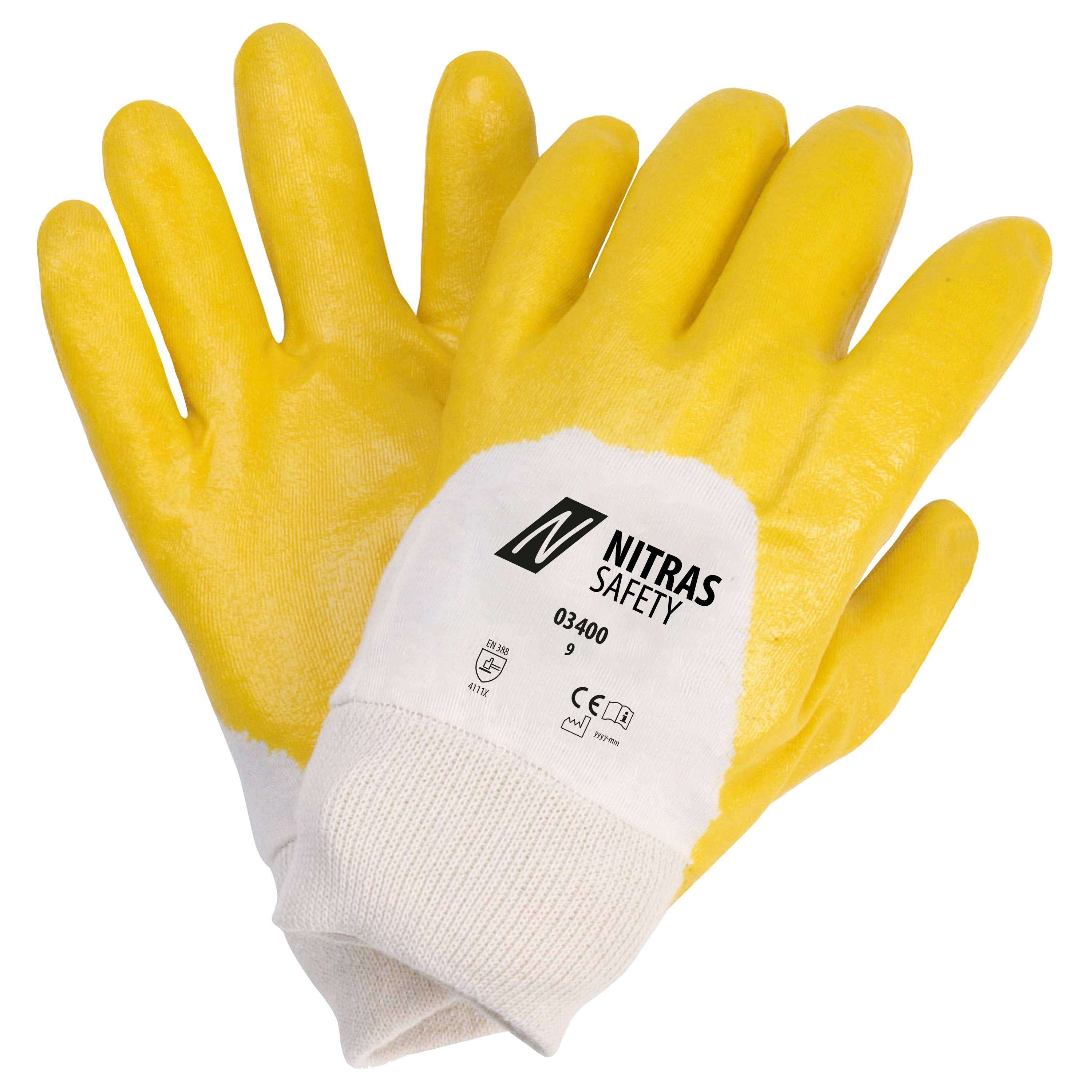

Work Glove Size Charts
Understanding glove sizes might appear somewhat daunting, given the different sizing standards and brands. The following glove size charts were designed to help you choose the right option to guarantee optimal protection for yourself and your workers.
However, it’s important to note a couple of things. The following charts are estimates created to assist in your glove selection. Keep in mind that glove sizes can also vary between men’s and women’s models (as indicated in the charts below). For the most accurate fit, we always suggest trying on the gloves before making your choice.
Unisex gloves size chart based on your hand’s circumference:
| Circumference of your hand | EU Glove size | US Glove size |
| Between 17 & 19 cm | Size 6 | XS |
| Between 19 & 20 cm | Size 7 | S |
| Between 20 & 22 cm | Size 8 | M |
| Between 22 & 24 cm | Size 9 | L |
| Between 24 & 26 cm | Size 10 | XL |
| Between 26 & 28 cm | Size 11 | XXL |
Unisex gloves size chart based on your hand’s length:
| Length of your hand | EU Glove size | US Glove size |
| 16 cm | Size 6 | XS |
| 17 cm | Size 7 | S |
| 18 cm | Size 8 | M |
| 19 cm | Size 9 | L |
| 20 cm | Size 10 | XL |
| 21 cm > | Size 11 | XXL |
Approximate glove chart sizes for men:
| Circumference of your hand | EU Glove size | US Glove size |
| 18 cm | Size 6 | XS |
| 20 cm | Size 7 | S |
| 23 cm | Size 8 | M |
| 25 cm | Size 9 | L |
| 28 cm | Size 10 | XL |
| 30 cm | Size 11 | XXL |
Approximate glove chart sizes for women:
| Circumference of your hand | EU Glove size | US Glove size |
| 15 cm | Size 6 | XS |
| 16 cm | Size 7 | S |
| 17 cm | Size 8 | M |
| 19 cm | Size 9 | L |
| 20 cm | Size 10 | XL |
| – | – | – |
Conclusion
From construction sites to research labs, a properly sized glove not only enhances protection but also guarantees efficiency and ease in tasks. After all, the wrong glove size could lead to disastrous outcomes, ranging from reduced dexterity and grip to more severe risks like accidents and injuries.
This practical guide was designed to help you measure your hand correctly and navigate the complexities of glove sizing with confidence. But remember, trying on gloves remains the most reliable method to ensure a perfect fit, taking into account the inevitable variations between different glove styles and brands.
Next, you can take a look at our comprehensive work glove selection from 100+ vetted European suppliers or get in touch for a personal consultation on the best models for your business, budget, and use cases.

